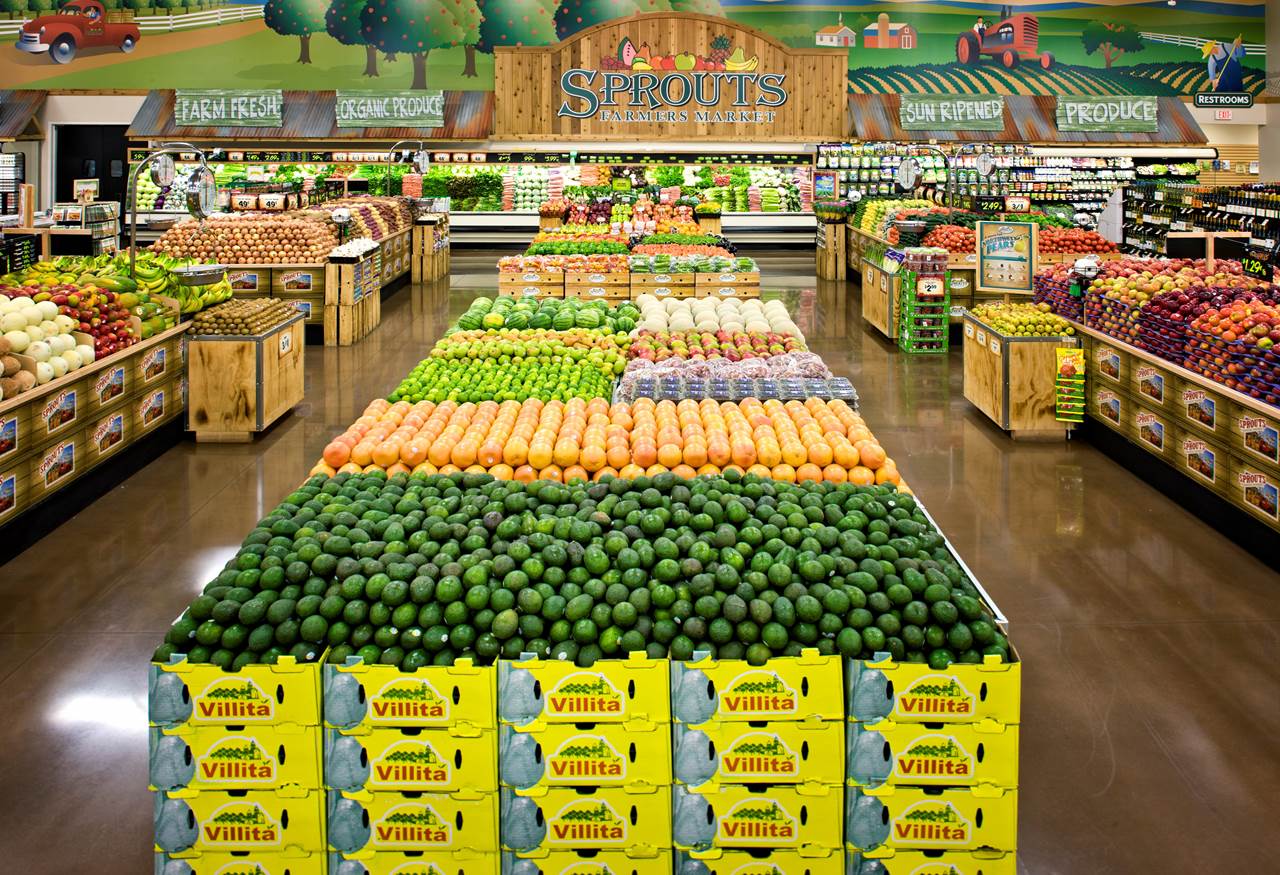Investing in a business which triggers a virtuous cycle
In an era where everything seems to change, the American supermarket has been one of the last areas of relative stability. In fact, the physical set-up and shop routing of a traditional American store where daily groceries are bought has changed little in the past decades.
This is not an accident – in its stores the food retail business has been using essentially the same business strategy for years: offer popular brands of packaged goods at discount prices to drive traffic to the store and then direct clients towards fresh foods such as fruits, vegetables, fish and meat, where supermarkets make higher profit margins.
Because those popular brands act as ‘traffic drivers’ and are the main draw for the customers, they occupy the larger part of the store, with the fresh products located more modestly at the perimeter, where the clients are gently steered as they enter the store.
One of the most peculiar aspects of that business strategy is the fact that most traditional supermarkets charge a higher margin on healthy products (such as fruits, vegetables, fresh meat, fish and dairy), which end up ‘subsidizing’ less healthy processed and packaged foods (cookies, chips, carbonated soft drinks, etc.) that function as ‘traffic drivers’ for the clients.
In other words, supermarkets ‘overprice’ on items that are good for you while ‘underpricing’ on products that are detrimental to your health. But should this be standard practice?
Consider Sprouts Farmers Market – a new but fast growing chain of American supermarkets, already serving 12 million clients every month. At Sprouts, it is fruits and vegetables that are the ‘traffic drivers’ and form the main destination for the clients. Getting to a Sprouts store, we are immediately faced with mountains of fresh fruits and vegetables, which take the bigger part of the store and feature prominently in its middle.

Even more importantly, Sprouts prices for fresh produce are about 20% below its major competitors, including giants of food retailing such as Walmart. Essentially, Sprouts Farmers Market has completely reversed the traditional supermarket business strategy as the company uses low-priced fresh fruits and vegetables to bring customers in to their stores and only then offers them higher-margin packaged products elsewhere in the store.
In other words, it uses the less healthy packaged food products in order to subsidize the much more nutritious fresh fruits and vegetables. Now that is a business strategy we can all get behind!
The business model employed by Sprouts basically provides the company with a virtuous cycle beginning with lower prices, leading to greater sales volumes and faster turnover and fewer products thrown away as waste, which in turn leads to lower costs and higher profits for the company. Consumers and society also benefit from this virtuous cycle.
Food waste, especially in fruits and vegetables, is a significant problem in the United States and elsewhere. According to The Guardian, American consumers throw away about half of all fruits and vegetables produced every year. This is not only economically inefficient but also represents a waste of our natural resources and a higher carbon footprint without any corresponding benefit. If we can solve this problem, while increasing the company’s profit margin in the process, it is a win-win situation for everyone.
This is how PGGM likes to invest: in companies that solve our challenges while offering an attractive financial return. After all, who said that these two cannot go hand in hand?
Share or Print Article
click on the icon
